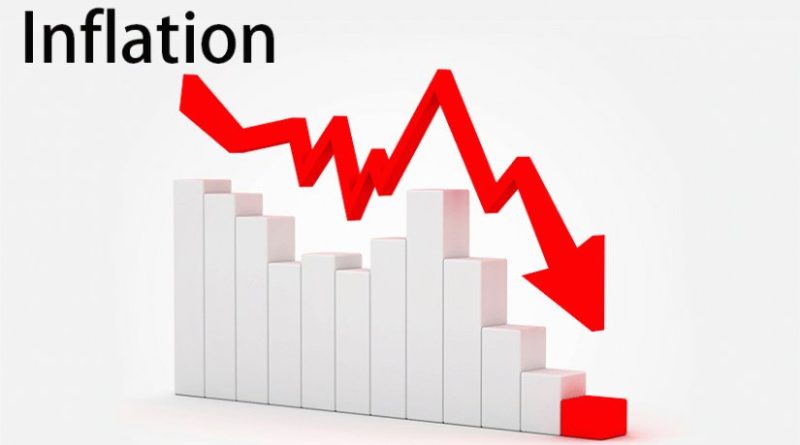Nigeria’s inflation rate eases for sixth straight month
Nigeria’s inflation rate eased for the sixth successive month to 18 per cent in September from 20.1 per cent a month earlier, boosting the optimism that policymakers will continue on the path of interest rate cut when they meet next month to decide rates.
“This means that in September 2025, the rate of increase in the average price level was lower than the rate of increase in the average price level in August 2025,” the statistics office stated in the official data issued on Wednesday.
A reduction in the prices of food, the chief component of the inflation basket, drove the drop.
That will bring some sort of succour to Africa’s most populous country, where soaring price levels led to the worst cost-of-living crisis in nearly three decades last year, following a removal fuel of subsidies and devaluation of the local currency.
In annual terms, headline inflation fell by 14.7 per cent, compared to a year ago, a sharp slide enabled by a rebasing of inflation data early this year, which reviewed the methodology for gauging price levels.
Food inflation stood at 16.9 per cent, 1.6 per cent weaker than the level seen in August. The National Bureau of Statistics pinpointed a decrease in the average prices of grains, garri, beans, millet, potatoes, onions, eggs, tomatoes and fresh pepper as the key driver.
That could motivate the Central Bank of Nigeria to lower interest rate further at its November meeting, having undertaken a downward adjustment of the monetary policy rate last month.
READ ALSO: NESREA destroys 700 sacks of seized donkey parts to curb illegal trade
Core inflation, which excludes the prices of volatile items such as energy and farm produce, stood at 19.5 per cent, compared to 27.4 per cent a year ago. The change was flattish month on month, easing to 1.42 per cent from 1.43 per cent in August.
“The average annual rate of food inflation for the twelve months ending September 2025 over the previous twelve-month average was 24.06 per cent, which was 13.47 per cent points lower compared with the average annual rate of change recorded in September 2024 (37.53 percent),” the report said.
Across states, food inflation on a year-on-year basis was highest in Ekiti (28.68 per cent), Rivers (24.18 per cent), Nasarawa (22.74 per cent), while Bauchi (2.81 per cent), Niger (8.38 per cent), and Anambra (8.41 per cent) reported the slowest rise.
“On a month-on-month basis, however, September 2025 food inflation was highest in Zamfara (15.62 per cent), Ekiti (12.77 per cent), Sokoto (12.55 per cent), and while Akwa Ibom (-12.97 per cent), Borno (-12.95 per cent), and Cross River (-10.36 per cent) recorded decline in food inflation on month-on-month basis,” it said.

